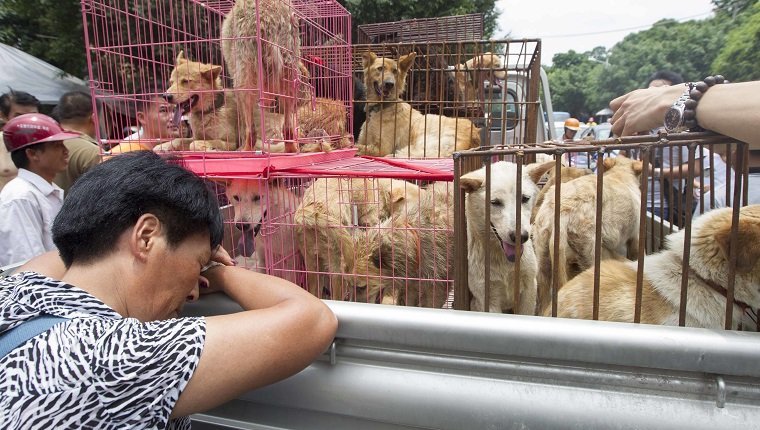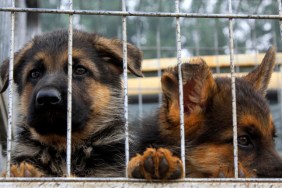The Lychee and Dog Meat Festival in the China’s city of Yulin has been the target of animal rights groups across the world for the cruel slaughter of dogs by the thousands each year. The dogs are brought in by meat traders who round up strays and steal pets or even service dogs. There are no dog meat farms in China as…









